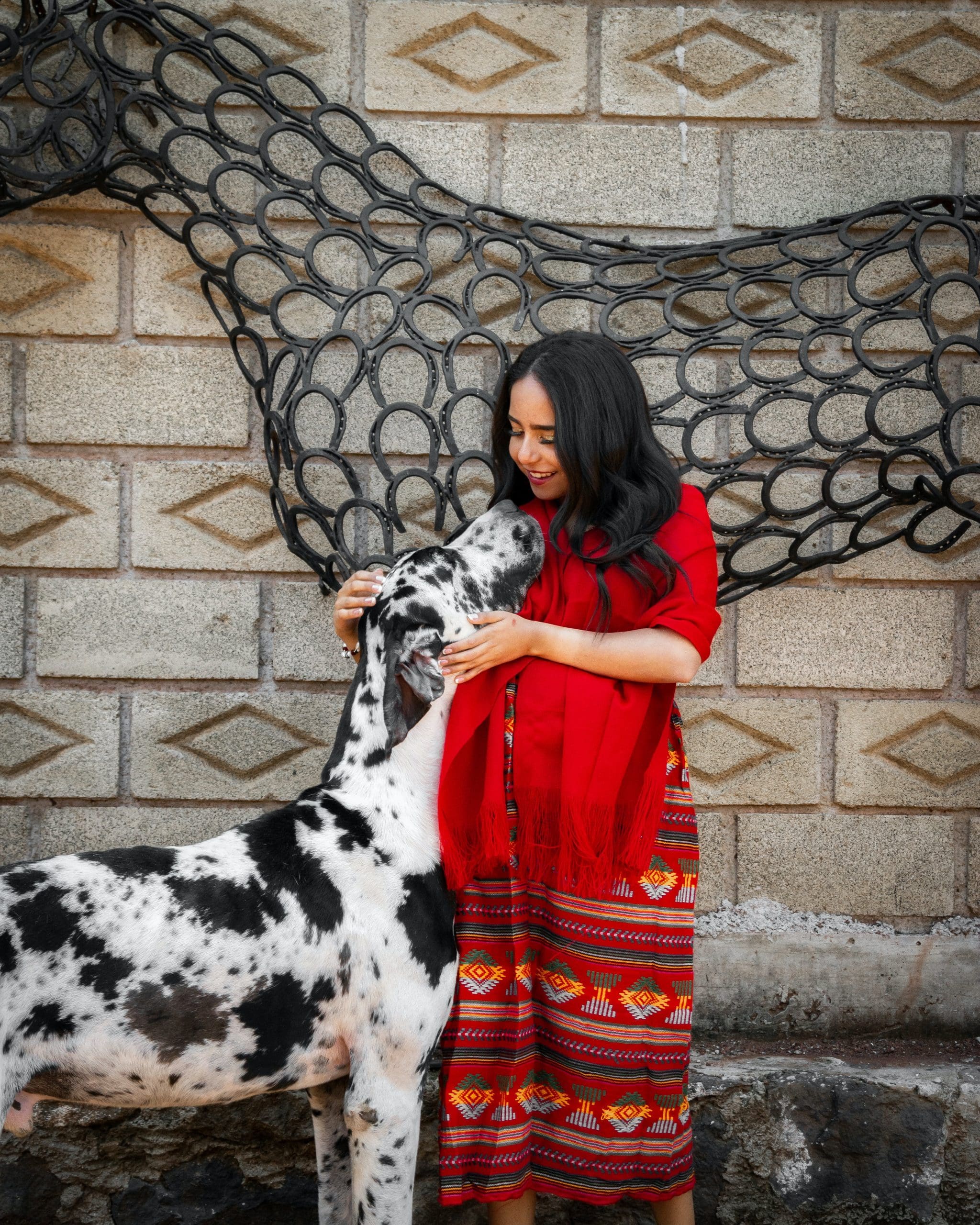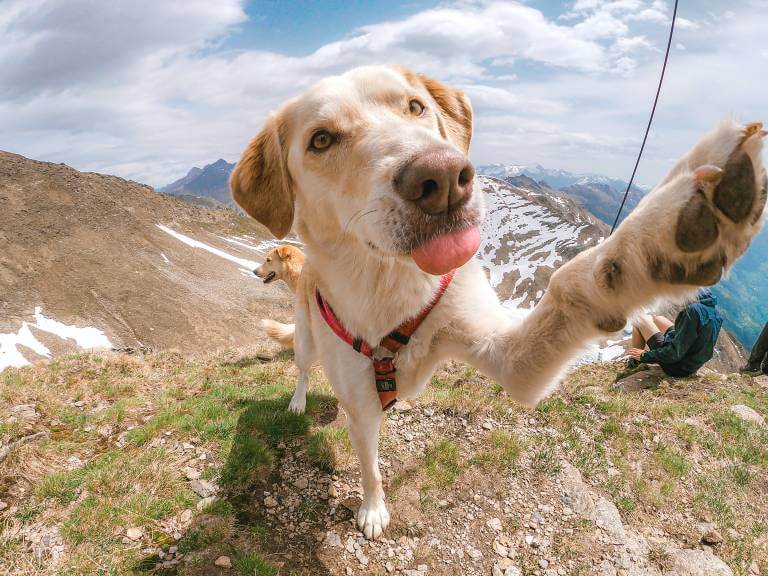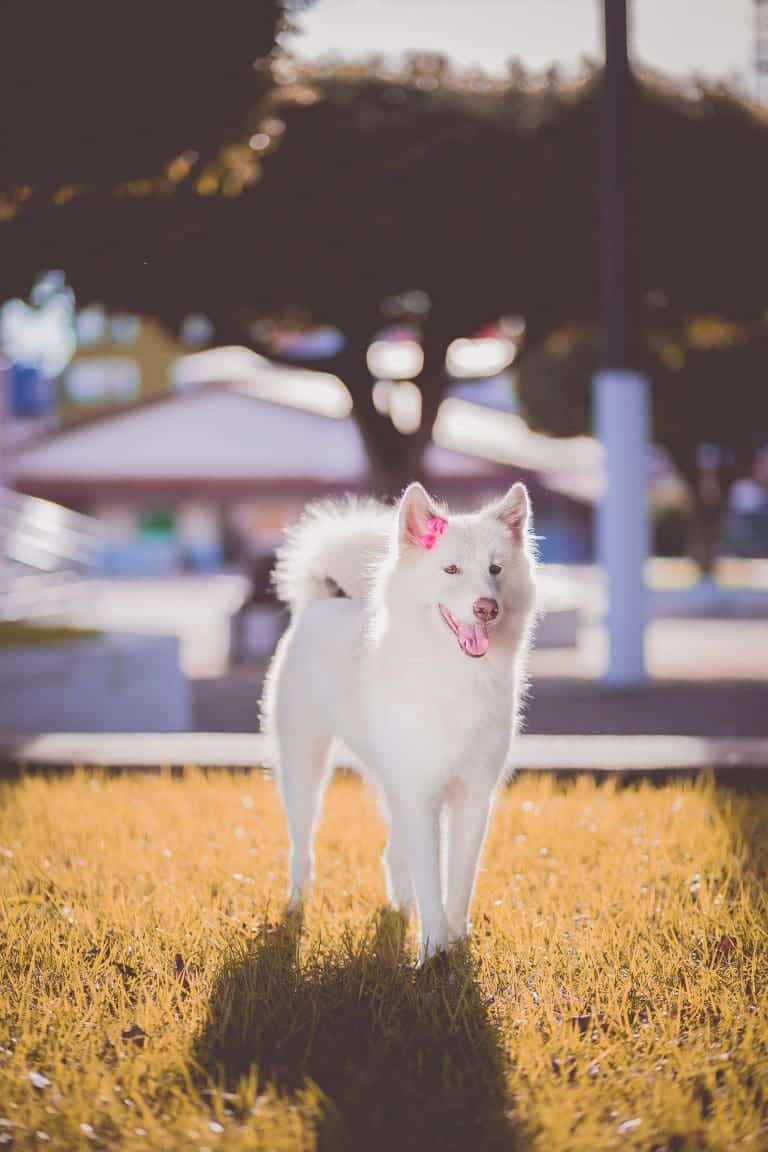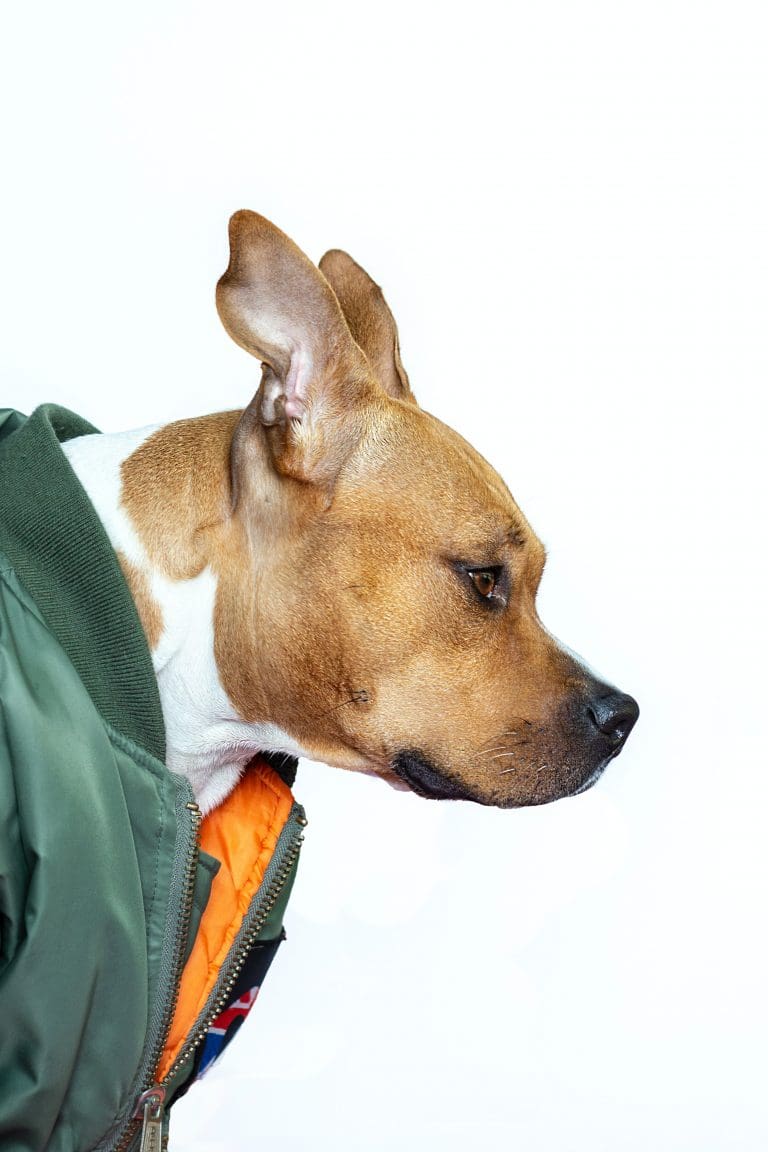Why Do Dogs Lick Themselves?
Post Date:
December 10, 2024
(Date Last Modified: December 13, 2024)
If you’re a dog owner, you’ve likely observed your furry friend spending a significant amount of time licking themselves. This behavior raises questions and concerns. Is it normal? Should you worry? Understanding the reasons behind why dogs lick themselves can help ensure your pet’s well-being.
Natural Grooming Behavior
One of the main reasons dogs lick themselves is hygiene. Just as humans take showers, dogs use licking to maintain cleanliness. Their tongues’ rough texture effectively removes dirt and debris from their fur and skin. This self-cleaning instinct is particularly strong in certain breeds with longer or thicker fur, where mats and tangles can form. Regular licking keeps their coats healthy and free from pests, functioning as a natural grooming routine.
Soothe Irritation and Discomfort
Dogs lick themselves to relieve irritation or discomfort. An itchy spot may prompt them to lick in an attempt to soothe that sensation. This behavior can arise from various factors, including allergies, insect bites, or skin infections. Allergies can be common in dogs, manifesting through environmental triggers like pollen or certain food ingredients. If you notice your dog excessively licking a specific area, consulting a veterinarian is advisable. They can determine whether the licking stems from an underlying allergy or skin condition that requires treatment. Early intervention can prevent further discomfort and promote your dog’s overall health.
Coping Mechanism for Anxiety
Licking can also serve as a self-soothing behavior. You might notice your dog licking during stressful situations, such as thunderstorms, fireworks, or vet visits. This behavior acts as a coping mechanism, helping them calm down when feeling anxious. Just as some humans fidget or bite their nails when nervous, dogs may lick for comfort.
Compulsive Behavior
In some instances, excessive licking can become compulsive. If your dog licks themselves constantly and seems unable to stop, it may signal a more serious issue, such as anxiety or boredom. Dogs left alone for extended periods may develop compulsive behaviors as a way to cope with loneliness. Providing mental stimulation and exercise is essential for keeping your dog engaged and preventing such behaviors from escalating.
Communication Through Licking
Licking can also be a form of communication. Dogs have scent glands in their mouths, and licking can help them gather information about their surroundings. By licking themselves, they may pick up on scents that matter to them or mark their territory with saliva. Understanding these communication cues can enhance your bond with your dog and help you recognize their needs.
When Licking Becomes Concerning
Not all licking is harmless. If your dog licks themselves to the extent of creating sores or bald patches, it signals that something is wrong. Such behaviors can lead to skin infections or other complications requiring veterinary care. Monitoring your dog’s licking habits is crucial, and taking action if you notice any concerning signs is essential.
Preventing Excessive Licking
While some licking is normal, ensuring that your dog isn’t licking out of boredom or anxiety is vital. Regular exercise and playtime can help alleviate these feelings and reduce excessive licking. Engaging your dog with toys, training sessions, and socialization keeps their mind active and decreases the likelihood of licking as a way to fill their time.
The Role of Diet
Diet also plays a significant role in a dog’s skin health. Poor nutrition can lead to skin issues, making a dog more prone to licking. Providing a balanced diet appropriate for their age, size, and activity level is important. A high-quality diet rich in omega fatty acids can improve skin health and reduce itching, making licking less necessary.
Importance of Grooming
Regular grooming is another key aspect of keeping your dog healthy and comfortable. Brushing your dog’s coat removes loose hair and debris and allows you to check for skin issues that might need attention. For dogs with longer coats, professional grooming may be beneficial to prevent matting and maintain healthy fur.
Addressing Fleas and Parasites
Flea infestations can cause intense itching and discomfort, leading dogs to lick themselves excessively. Regular flea prevention treatments are essential for keeping your dog itch-free. If you suspect fleas, address the issue promptly with appropriate treatments for both your dog and your home.
Observing Licking Behavior
Understanding your dog’s licking behavior requires careful observation. Pay attention to when and where your dog licks themselves. Are they licking after exercise? When they’re in a new environment? Or do they lick certain spots more than others? Gathering this information helps determine whether the behavior is normal or if it warrants further investigation.
Seeking Professional Advice
If you’re ever uncertain about your dog’s licking habits, consult your veterinarian. They can provide valuable insights into whether the behavior is typical or if it points to a more significant issue. Regular veterinary check-ups are crucial for monitoring your dog’s health and addressing concerns before they escalate.
Creating a Calming Environment
Making your home a calming environment for your dog can also help. If anxiety is a concern, create a safe space where your dog can retreat during stressful situations. This might include a cozy bed in a quiet room or the use of calming pheromones or anxiety wraps. These strategies can help reduce stress and lessen the need for self-soothing behaviors like licking.
Individual Differences in Dogs
Every dog is unique. Some may lick themselves more than others due to their personality, breed, or individual circumstances. Being attentive to your dog’s specific needs and behaviors enhances your understanding of their licking habits. By providing love, attention, and appropriate care, you can help ensure your dog remains healthy and happy.
Licking is a common and multifaceted behavior in dogs. While it serves as a natural grooming method, it can also indicate underlying health issues or emotional distress. Observing your dog’s licking habits and consulting with a veterinarian when necessary helps ensure your furry friend stays comfortable, healthy, and happy. Understanding why dogs lick themselves is an essential part of responsible pet ownership, allowing you to create a supportive environment for your loyal companion.






